

Real-time strategy games tend to follow a predictable pattern: build your HQ and support buildings, mine resources, gather an army and steamroll the enemy. If that's what you expect from an RTS, you won't find it in Joint Task Force. You don't build an HQ; you seize a vacant building. Need a runway for incoming supplies, troops and vehicles? Oust the local guerillas and hold it. No time to build elaborate defenses or amass an overwhelming force; the local thugs force you into action. It's supply and demand rather than shock and awe.
Units aren't built, they're bought and delivered using the cash you win for achieving objectives, from the lowliest grunt to dangerous VTL aircraft. Technology trees are replaced with real-life weaponry. Hide in buildings or tall grass with rifles, send rangers off in commandeered vehicles to scavenge RPGs, and all the while develop green grunts into heroic leaders that'll follow you from battle to battle. Security is hard-won and short-lived.
No modern war rages in a vacuum, so reporters mingle with civilians in each war-torn state. The rules of engagement are never more important than when on-camera. Take out an enemy artillery position on the news, and your approval rating increases along with your budget. Smear civilian jam all over the street, and talk about what a bastard you are on CNN. It's a novel element (likely to be copied) and greatly influences how combat is approached. Sometimes it seems like the media is impossible to appease, which may well be realistic on such a bloody stage.
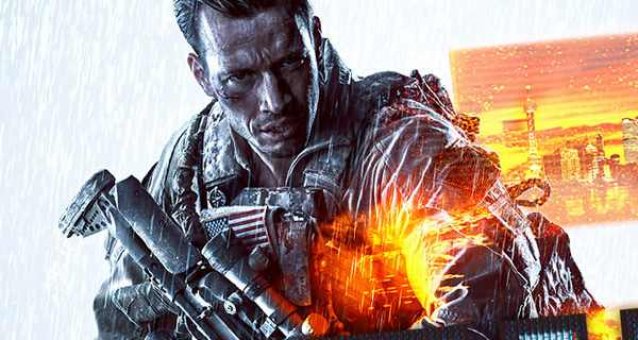
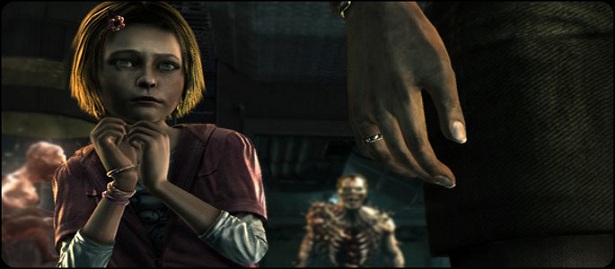
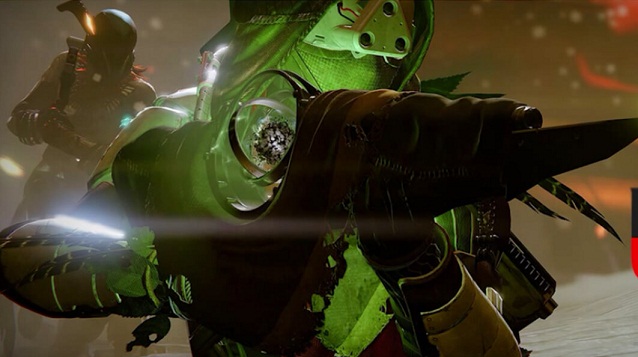
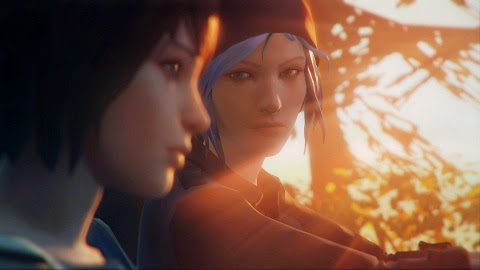
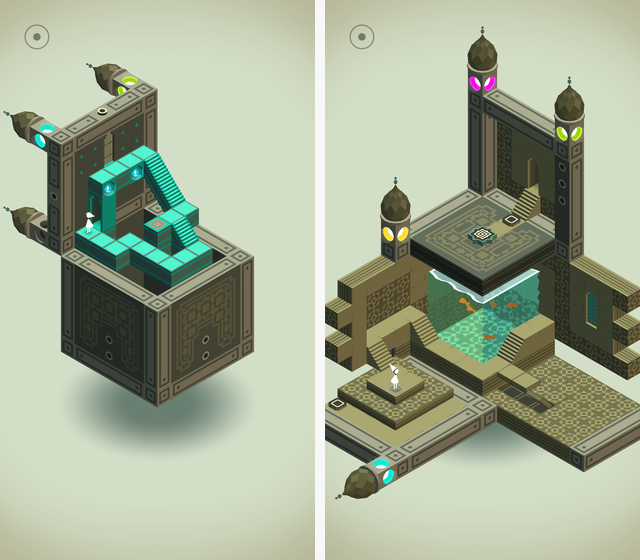 A Game You Must Play: Monument Valley Is a Drop-Dead Gorgeous Puzzler
A Game You Must Play: Monument Valley Is a Drop-Dead Gorgeous Puzzler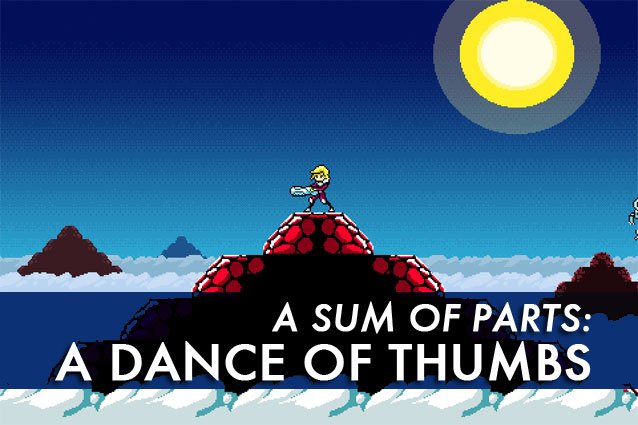 A Sum of Parts: A Dance of Thumbs
A Sum of Parts: A Dance of Thumbs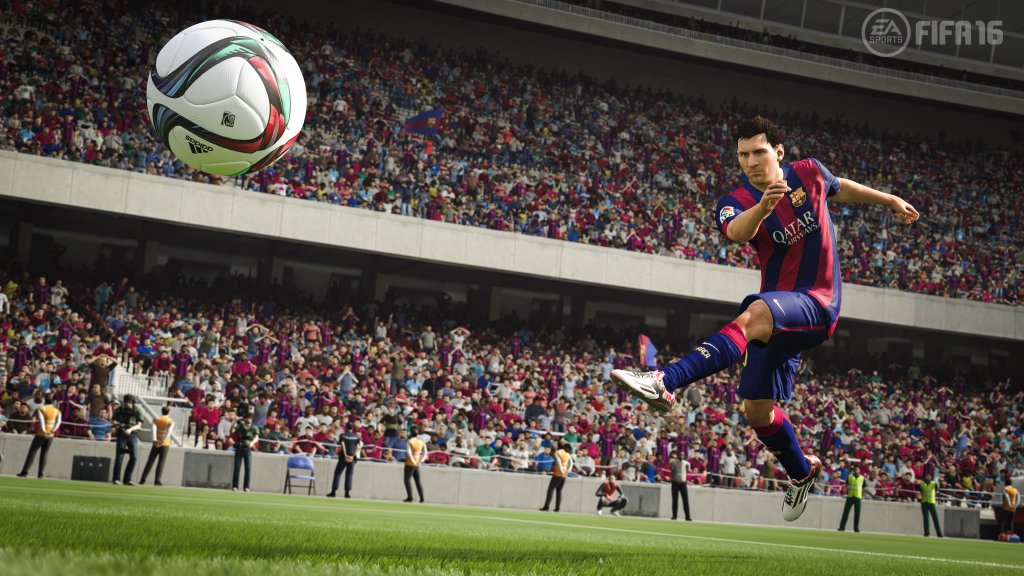 FIFA 16 Ultimate Team: How to Make More Coins for Your Ultimate Team
FIFA 16 Ultimate Team: How to Make More Coins for Your Ultimate Team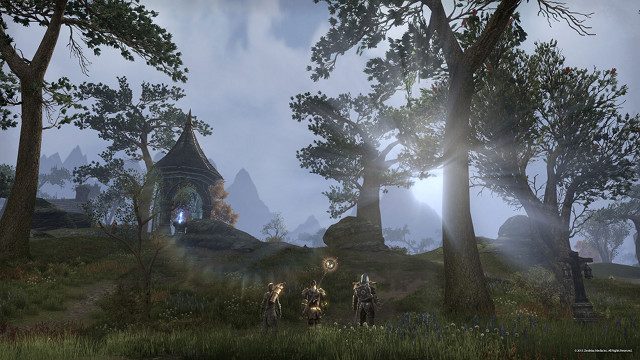 Should You Buy The Elder Scrolls Online?
Should You Buy The Elder Scrolls Online?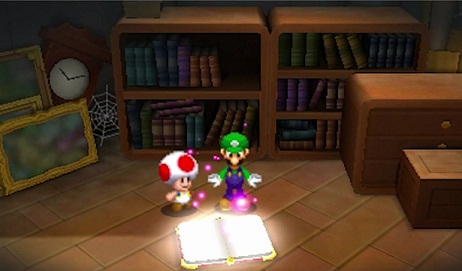 Mario and Luigi: Paper Jam Bros attacks locations
Mario and Luigi: Paper Jam Bros attacks locations